
A Journey Through
Awaji Island
Land of Imperial Cuisine and Tradition


Land of Imperial Cuisine and Tradition

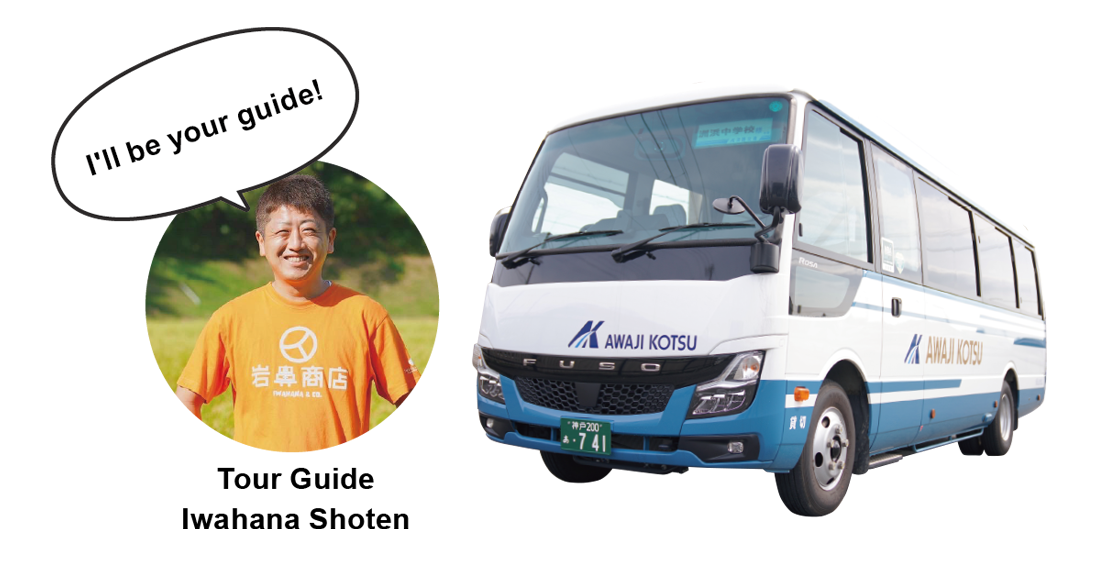
This is a bus tour where you’ll gather ingredients yourself on Awaji Island—long known as a treasure trove of food—and create your very own unforgettable BBQ.
Your tour guide is an experienced buyer with close ties to local producers. You’ll visit fishing ports, farms, and food processing sites—places not usually accessible on ordinary trips—offering you a truly special island experience.
From a sea bream gifted directly by local fishermen, to thick, meaty shiitake mushrooms harvested from mushroom beds, to sweet new onions you pick yourself, and the island’s famous Awaji Beef—you’ll create a BBQ that’s uniquely yours!
For dessert, enjoy freshly picked strawberries from a local farm, transformed into delicious strawberry daifuku under the guidance of skilled artisans from the island’s renowned “Kajitaya” confectionery.
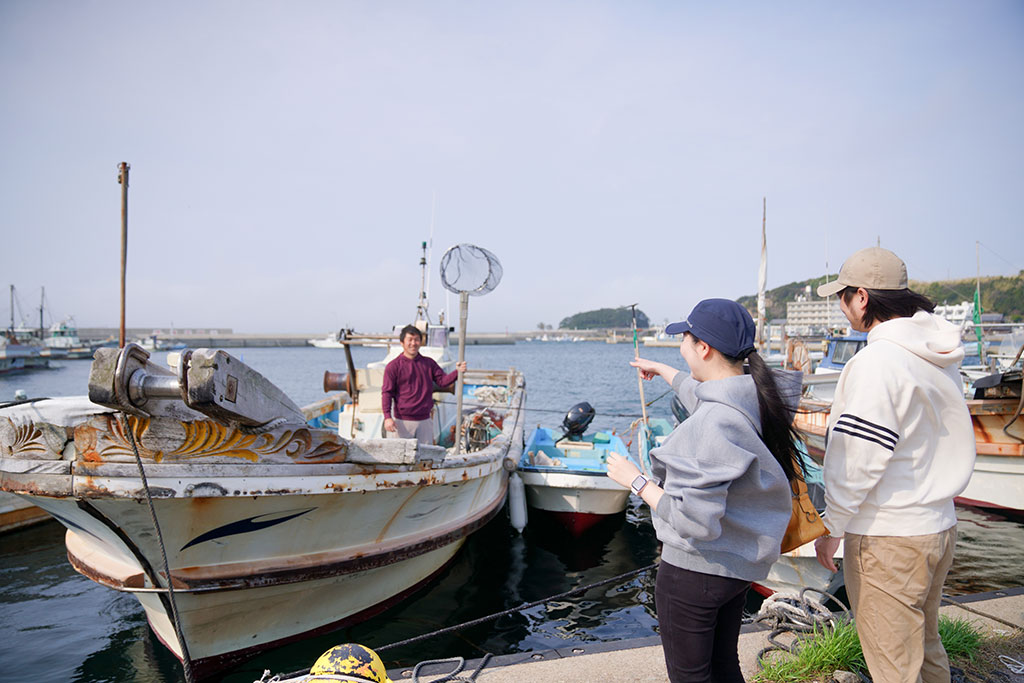
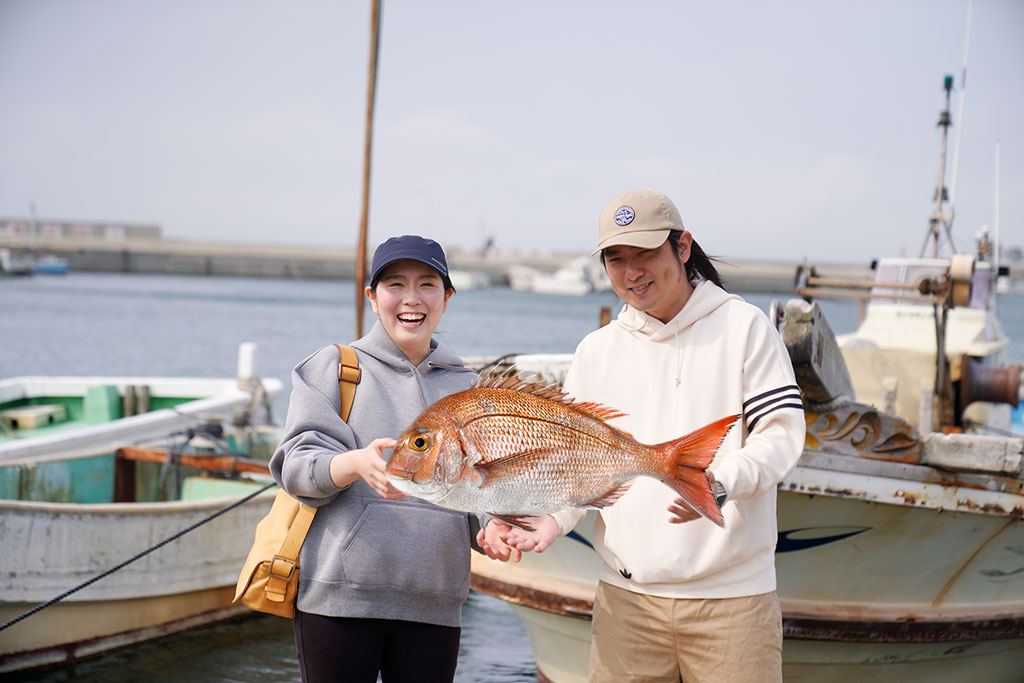
Image for illustrative purposes only.
From ancient times to the end of the Edo period, it is said that the Emperor's daytime meal was "salt-grilled sea bream," and Awaji Island is believed to have been the supplier of this sea bream. Furthermore, at Maruyama Fishing Port in Minami-Awaji City, which is famous for sea bream fishing, "dried sea bream" has been presented to the Emperor during major ceremonies, such as the Daijōsai (Grand Thanksgiving Ceremony) held upon the Emperor's enthronement, throughout the four eras of Taishō, Shōwa, Heisei, and Reiwa.
Now, you have the rare opportunity to taste sea bream caught and prepared directly on board by the very same fishermen who provide these “Imperial Sea Bream” to the Emperor.
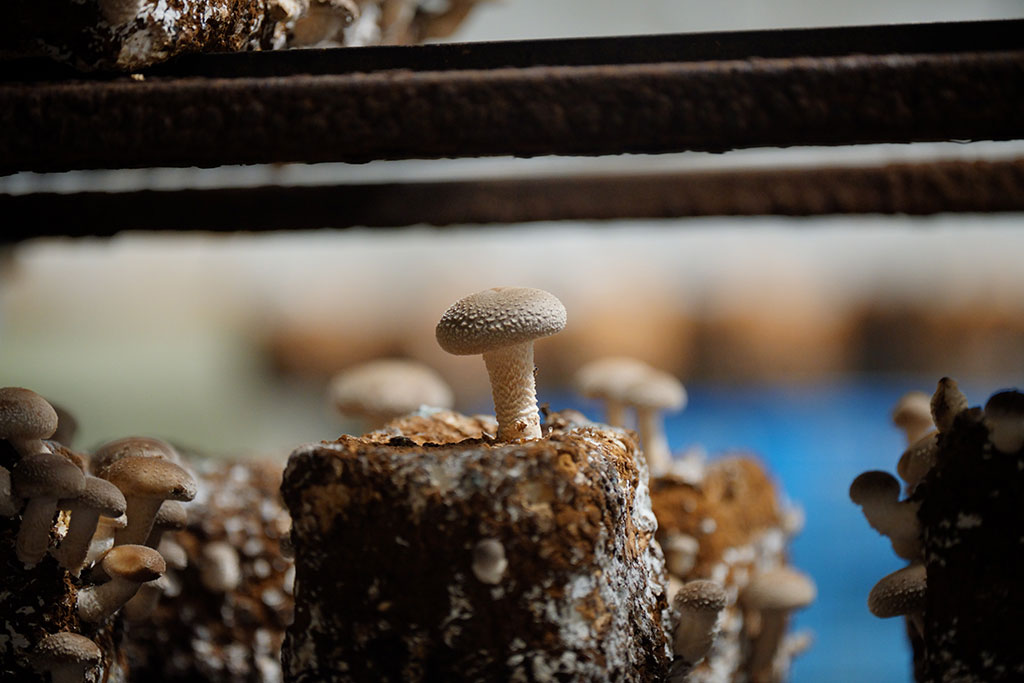
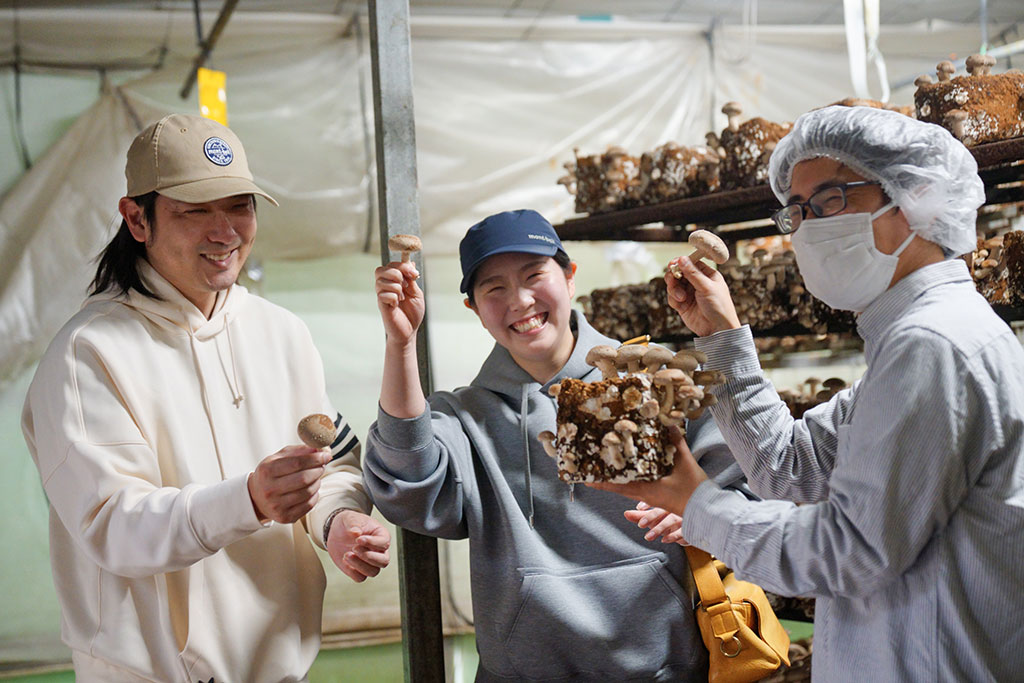
One of the unique features of the shiitake mushrooms grown by Mori no Ki Farm is that even the cultivation beds (kinsho) are handmade in-house. These beds are created by mixing sawdust with natural nutrients, and it takes about 100 days to complete just one. All ingredients are derived from natural sources, with no pesticides or chemical fertilizers used. After their role in shiitake cultivation is complete, the beds are provided free of charge to local farmers as a soil conditioner.
In this experience, you'll get to harvest shiitake mushrooms directly from these specially prepared beds!
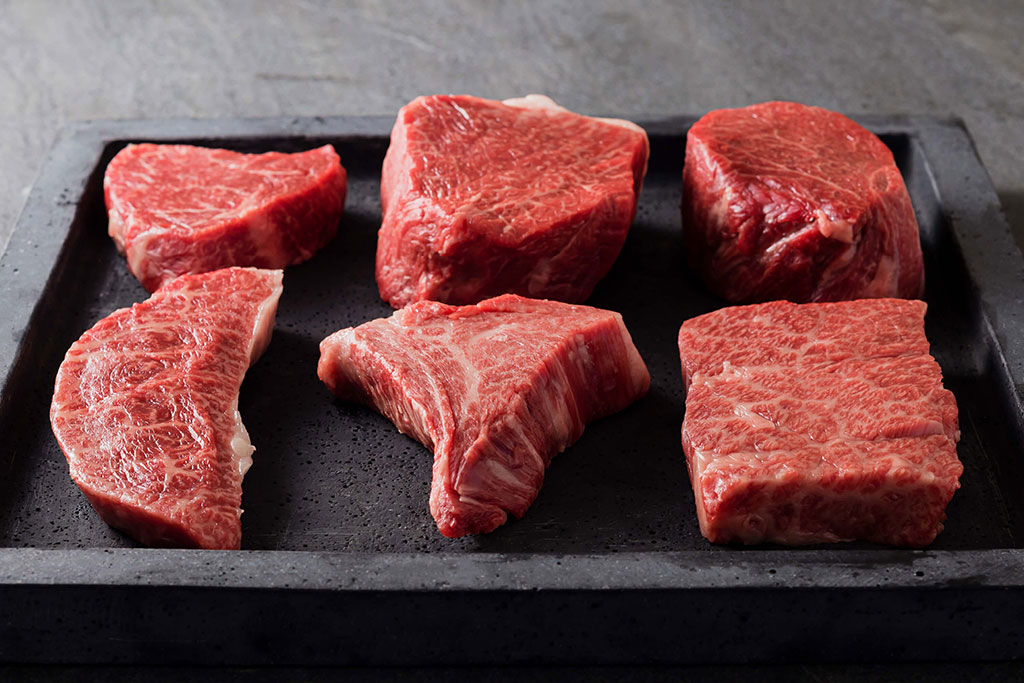
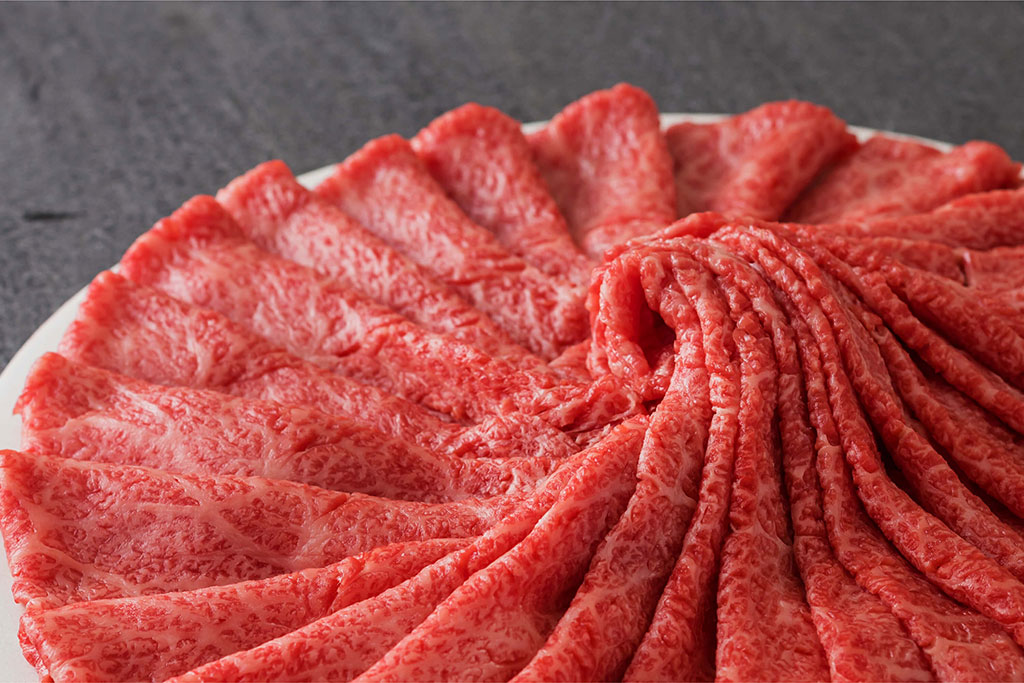
Images for illustrative purposes only.
Cattle raised on Awaji Island grow up in a gentle climate, nourished by the warm sun and mineral-rich sea breeze. This environment produces beef with a deep, rich umami flavor that clearly sets it apart—the difference is something anyone can taste.
To deliver the ultimate in flavor, only the finest cuts are selected to bear the name “Awaji Beef.” With strict certification standards, only about 200 head of cattle earn the Awaji Beef title each year. Because of its rarity, it is often called “phantom beef”—even on Awaji Island, it’s nearly impossible to obtain without exclusive connections.
For this tour, the Chairman of the Awaji Beef Association will personally bring along specially selected Awaji Beef just for you!
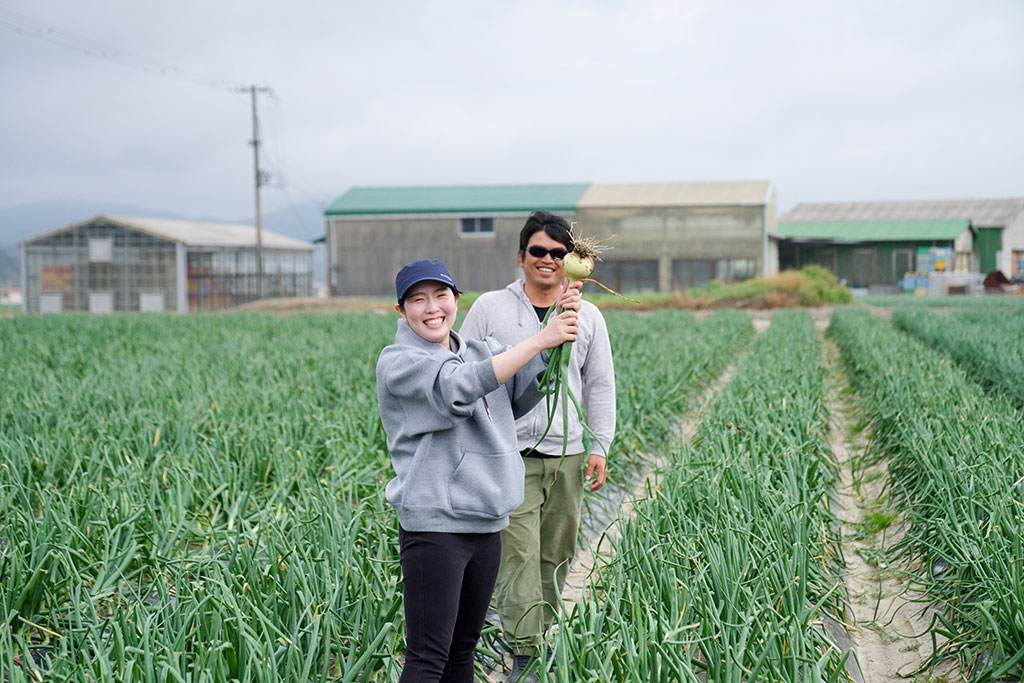
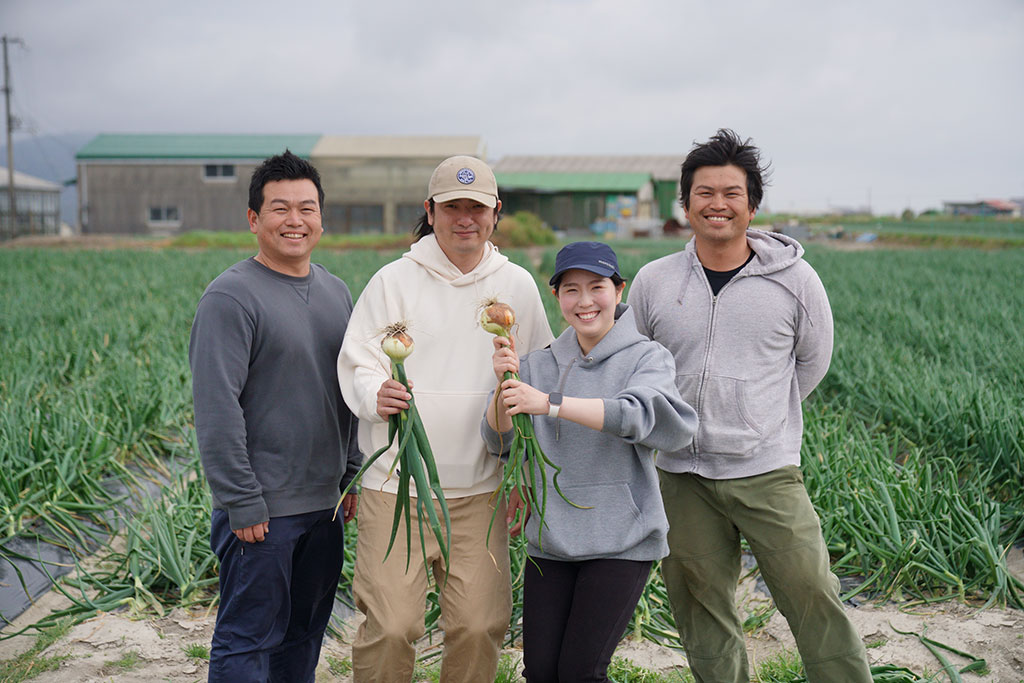
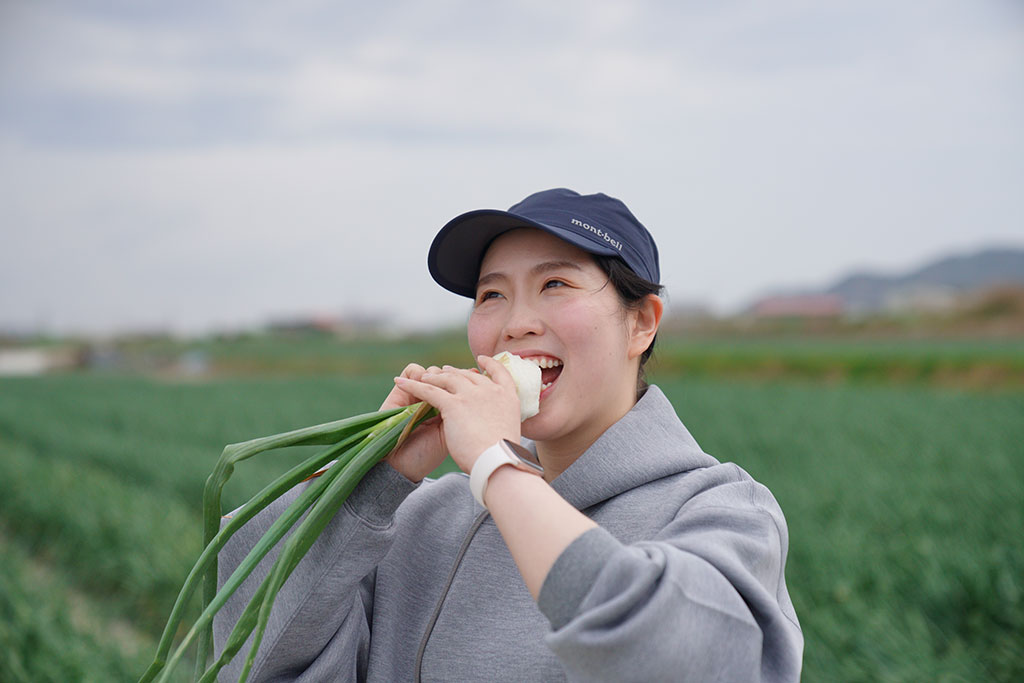
For 35 years, Harada Seika has been cultivating mineral-rich onions in Kita-Ama, a region of Awaji Island known for producing some of the finest onions in Japan. Among the many onion-specialized farms on the island, Harada Seika stands out both for its large scale and exceptional quality.
They follow the Nakashima Farming Method, which emphasizes analyzing and balancing the soil to ensure that vegetables grow strong and healthy—because only healthy crops can produce truly delicious flavor.
At Harada Seika, you'll have the chance to harvest fresh, seasonal shin-tama (new onions) by hand—these special onions are so tender and sweet, you can even bite into them raw, a rare treat only available at this time of year!
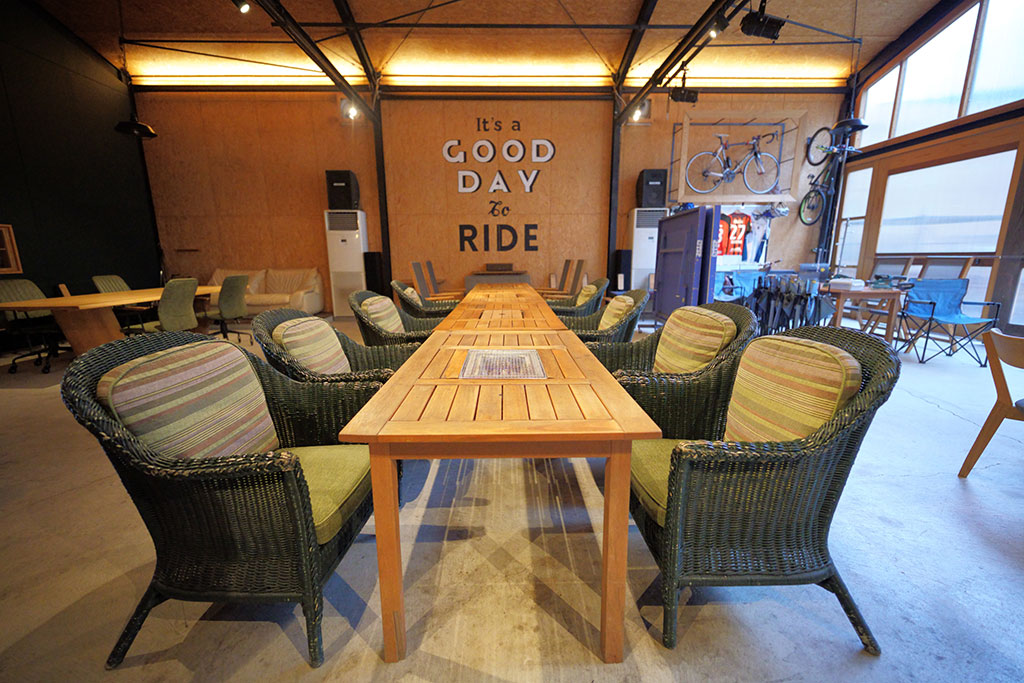
The popular pension AMA TERRASSE on Awaji Island now offers the ultimate Miketsukuni BBQ experience in its dedicated BBQ space!
Premium Awaji beef has arrived, and the grill is already set—just cut the ingredients and start cooking. The exquisite Kenjo Tai (sea bream once presented to the imperial court) is wrapped in foil and grilled to perfection, releasing a rich aroma.
The BBQ area is fully covered and semi-indoor, so there’s no need to worry about sudden rain. Enjoy a special moment savoring the finest flavors Awaji Island has to offer.
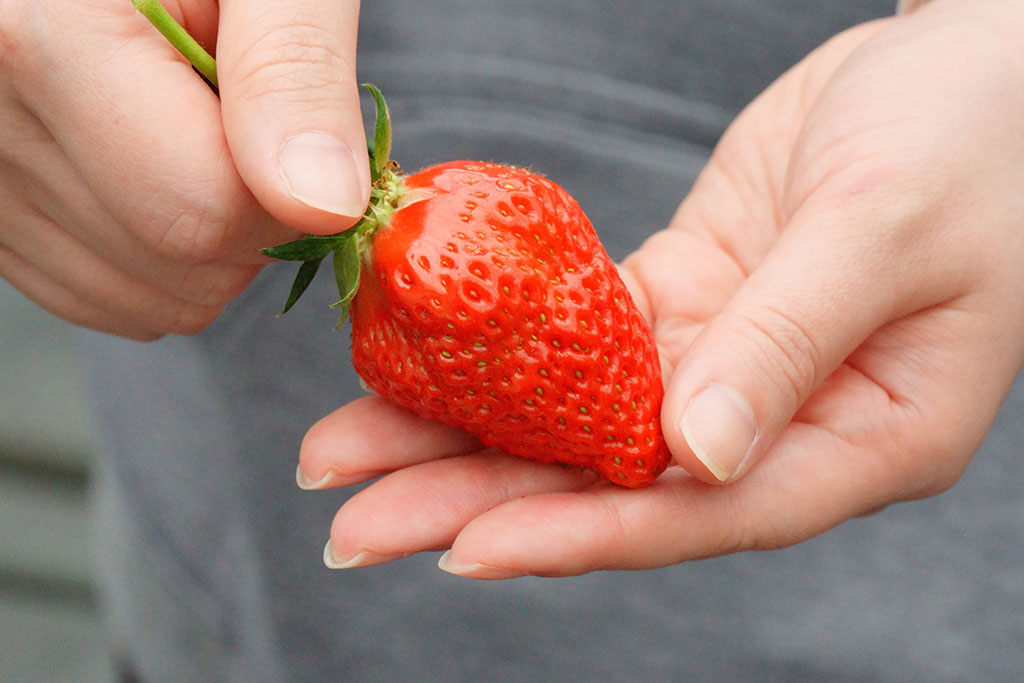
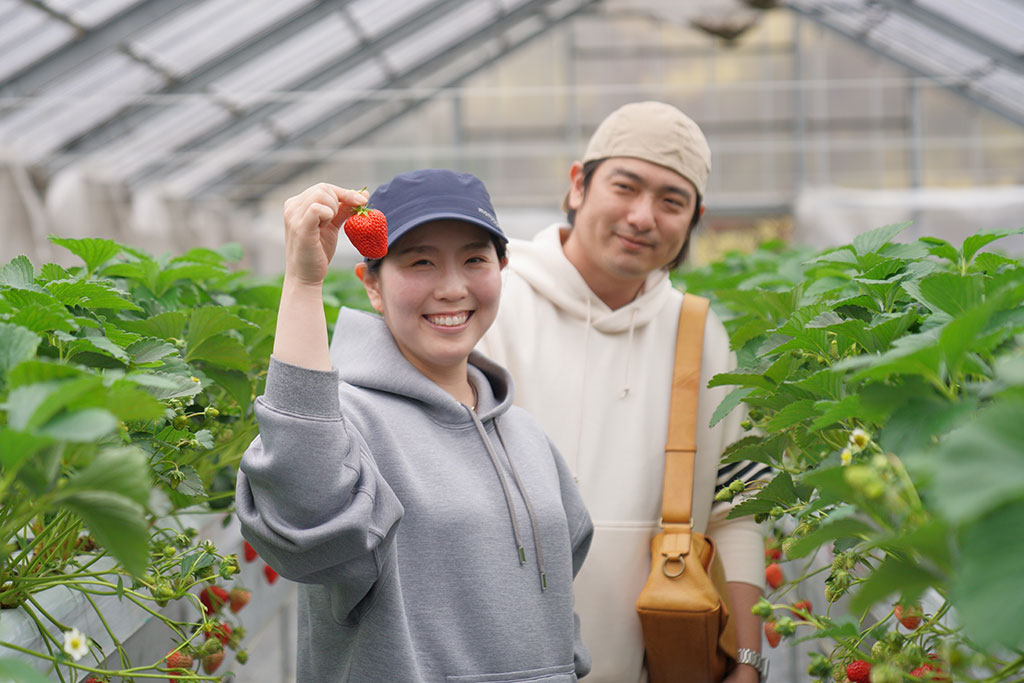
At our strawberry tourism farm, a team led by expert staff with over 8 years of growing experience lovingly cares for each Beni Hoppe (a premium Japanese strawberry variety) like their own children. Every day, they carefully monitor leaf health and soil moisture, ensuring the perfect environment for our strawberries to thrive.
Inside one of our greenhouses, you’ll find twelve rows of growing shelves, each over 20 meters long, supporting about 2,500 robust strawberry plants. The plants stretch their lush green leaves wide, growing strong under the expert care and precise data-driven cultivation methods refined over years of experience. Just by looking at these vibrant, healthy plants, you can see how much time, care, and passion goes into nurturing them.
Pick your own strawberries and enjoy the fresh taste right on the spot! You can even select the perfect one for your very own Ichigo Daifuku (strawberry-filled mochi treat)!
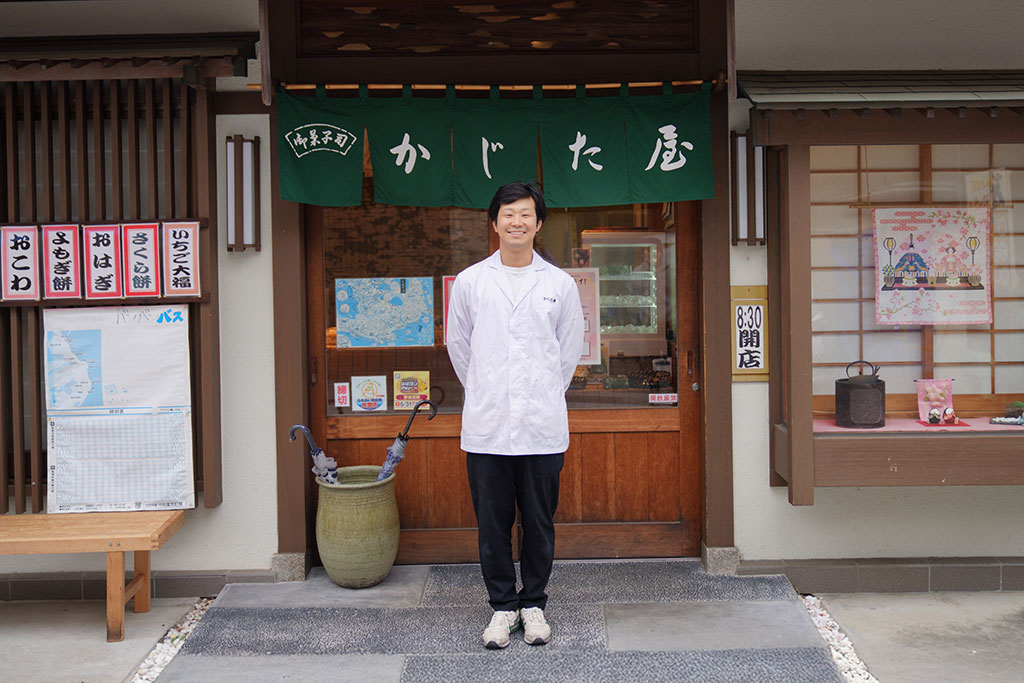
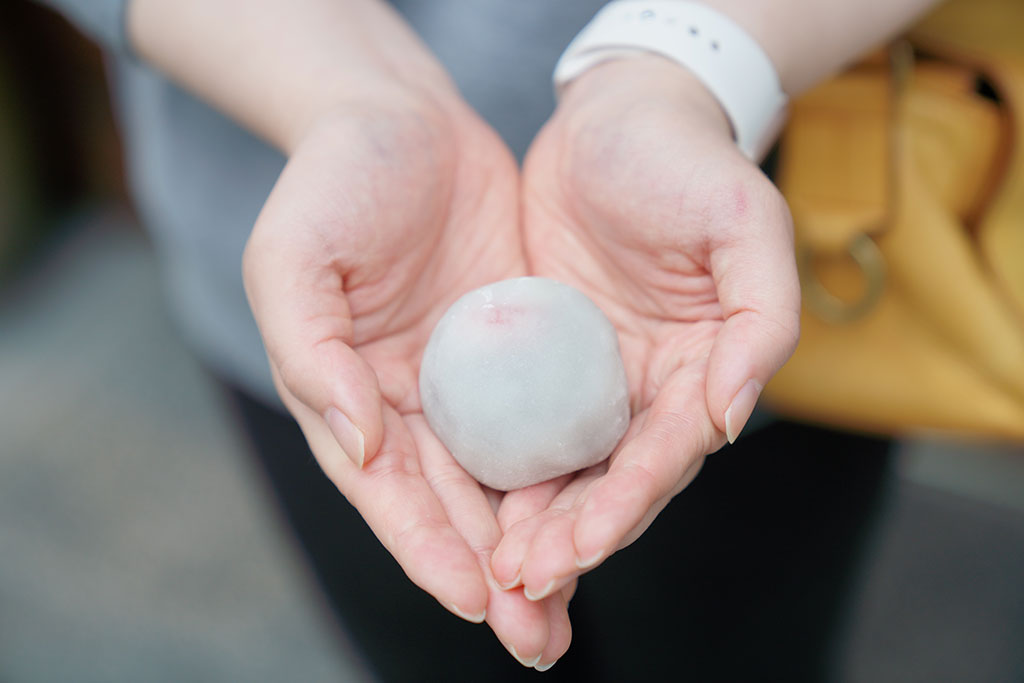
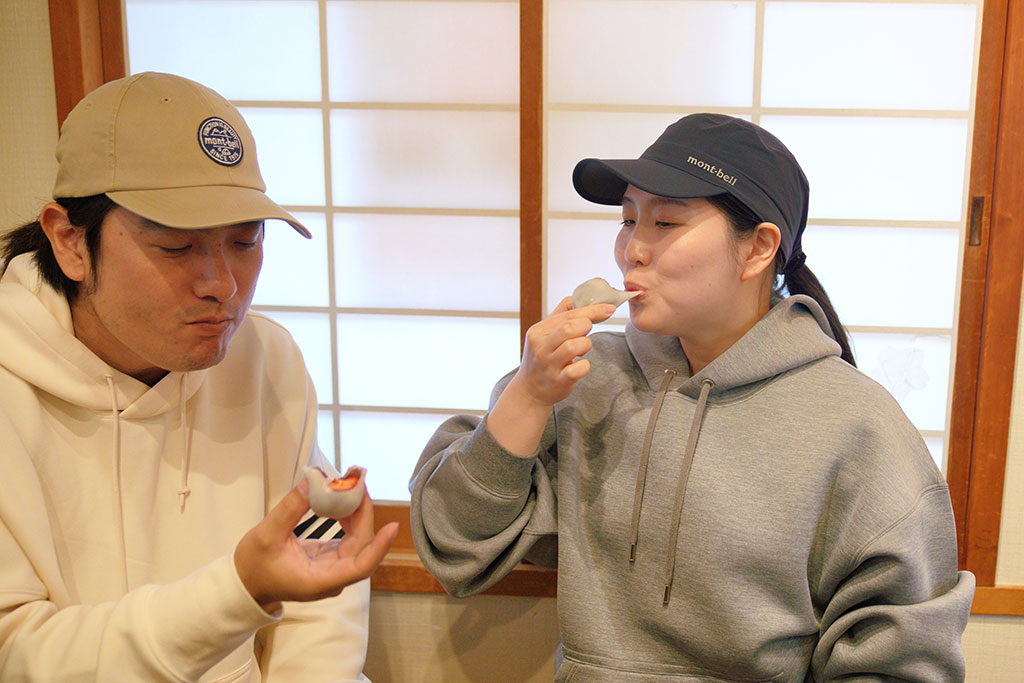
After selecting your perfect strawberry, why not turn it into your very own Ichigo Daifuku (Strawberry Mochi)? Daifuku is a traditional Japanese sweet made from soft, chewy rice cake (mochi) filled with sweet red bean paste. It’s tender on the outside, smooth and sweet on the inside—a delightful combination of textures and flavors.
The word Daifuku literally means “great luck” or “big happiness,” and it’s often enjoyed at celebrations or given as a good-luck gift.
This special experience is guided by the 5th-generation owner of Kajitaya, a long-established Japanese confectionery shop on Awaji Island. With over 100 years of history since the Meiji era, Kajitaya will provide the mochi and bean paste, and show you how to wrap your strawberry into a delicious, handmade Ichigo Daifuku.
Let’s enjoy a hands-on moment of Japanese tradition—sweet, meaningful, and truly memorable.
Please note that the activities may differ depending on the date.
| Time | Activity |
|---|---|
| 8:20 | Meet at Sumoto Bus Center |
| 8:30 | Depart from Sumoto Bus Center |
| 9:10–9:40 | Maruyama Fishing Port Toilet break at Uzumachi Terrace on the way |
| 10:20–11:00 | Harada Seika(Farmer) |
| 11:15–13:00 | Amaterasu BBQ |
| 14:10–15:00 | Country Garden |
| 15:10–15:50 | Strawberry Daifuku |
| 16:20–17:00 | Shopping at a local gift shop |
| 18:00 | Arrive at Sumoto Bus Center |
Schedule may shift slightly.
| Time | Activity |
|---|---|
| 8:20 | Meet at Sumoto Bus Center |
| 8:30 | Depart from Sumoto Bus Center |
| 9:10–10:00 | Harvest Experience at Mori-no-Ki Farm (includes toilet break) |
| 10:20–11:00 | Harada Seika(Farmer) |
| 11:15–13:00 | Amaterasu BBQ |
| 14:10–15:00 | Country Garden |
| 15:10–15:50 | Strawberry Daifuku |
| 16:20–17:00 | Shopping at a local gift shop |
| 18:00 | Arrive at Sumoto Bus Center |
Schedule may shift slightly.
English-speaking guide available!
Please make sure to arrive at the meeting location on time.
Tour contents may be subject to change depending on weather or traffic conditions on the day.
Cancellations due to personal reasons after booking are non-refundable. Thank you for your understanding.
At the BBQ venue, each participant is required to order at least one drink. Payment will be made on-site.
For preschool children: BBQ ingredients for kids are not provided, so please share from the guardian’s portion. In addition, children will be seated on the guardian’s lap on the bus. Please ensure they are securely held at all times. If you require a separate meal or seat for your child, please book as one adult.